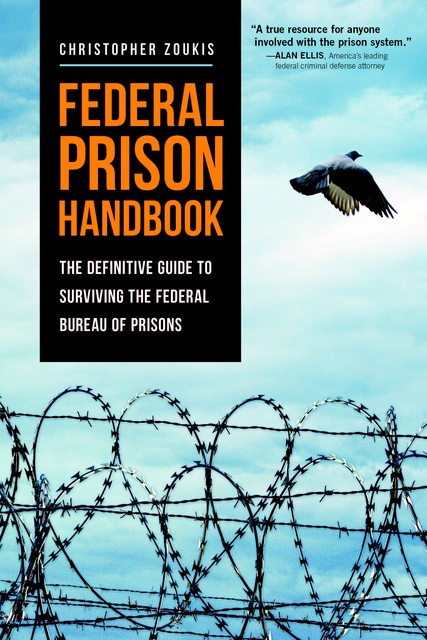by Sam Rutherford
The Supreme Court of the United States unanimously held that the Sixth Amendment’s Confrontation Clause prohibits an expert witness from testifying about another non-testifying expert’s statements and conclusions made in connection with scientific analysis where the defendant had no prior opportunity to cross-examine the non-testifying expert and …
by Sam Rutherford
The Supreme Court of Illinois reversed and dismissed Empire actor Jussie Smollett’s felony disorderly conduct convictions because the State previously entered into a non-prosecution agreement with the actor in exchange for his promise to forfeit the bond he posted and complete community service. The Court held that …
by Sam Rutherford
The U.S. Court of Appeals for the Third Circuit granted a federal prisoner’s habeas petition where his trial attorney failed to properly advise him of the mandatory sentences he would receive if he rejected the Government’s plea offer and proceeded to trial, holding that such misinformation constituted …
by Sam Rutherford
The Supreme Court of Kansas held that a defendant’s privilege against compelled self-incrimination concerning his alleged criminal conduct survived his guilty plea and sentences for that alleged offense where legal avenues remained open to the defendant to challenge the guilty plea. The Court therefore vacated a judgment …
by Sam Rutherford
The U.S. Court of Appeals for the First Circuit held that the Government implicitly breached its plea agreement with the defendant where it agreed to recommend a sentence no higher than the top-end of the sentencing Guidelines range by submitting a sentencing memorandum detailing the defendant’s criminal …
by Sam Rutherford
The California Supreme Court held that the 2022 amendments to Penal Code § 1170, which limits a trial court’s ability to impose an upper-term sentence unless it finds aggravating factors justify the sentence and also requires that those aggravating factors either be stipulated to by the defendant or …
by Sam Rutherford
The Supreme Court of Colorado issued an opinion defining the scope of a defendant’s pro se Crim. P. 35(c) motion containing a request for counsel on postconviction review, holding that the trial court has only two choices: (1) determine none of the claims has arguable merit and …
by Sam Rutherford
The U.S. Court of Appeals for the Ninth Circuit delineated the scope of U.S. District Courts’ authority to summarily dismiss a state prisoner’s habeas corpus petition under Rule 4 of the Rules Governing Section 2254 Cases in the U.S. District Courts (“Rule 4”), holding that the U.S. …
by Sam Rutherford
In May 2024, John Hallett, 54, of Michigan City was found guilty of murdering his roommate and then dismembering the body. Prosecutors obtained the conviction by relying on novel “scent of death” evidence to prove Hallett had stored the remains in his basement before throwing them in …
by Sam Rutherford
The Supreme Court of Washington clarified the scope of the attenuation doctrine under Article I, § 7 of the Washington Constitution, holding that the doctrine applies only when an event supersedes the original tainted police conduct to produce new evidence used in a warrant application but not when …





